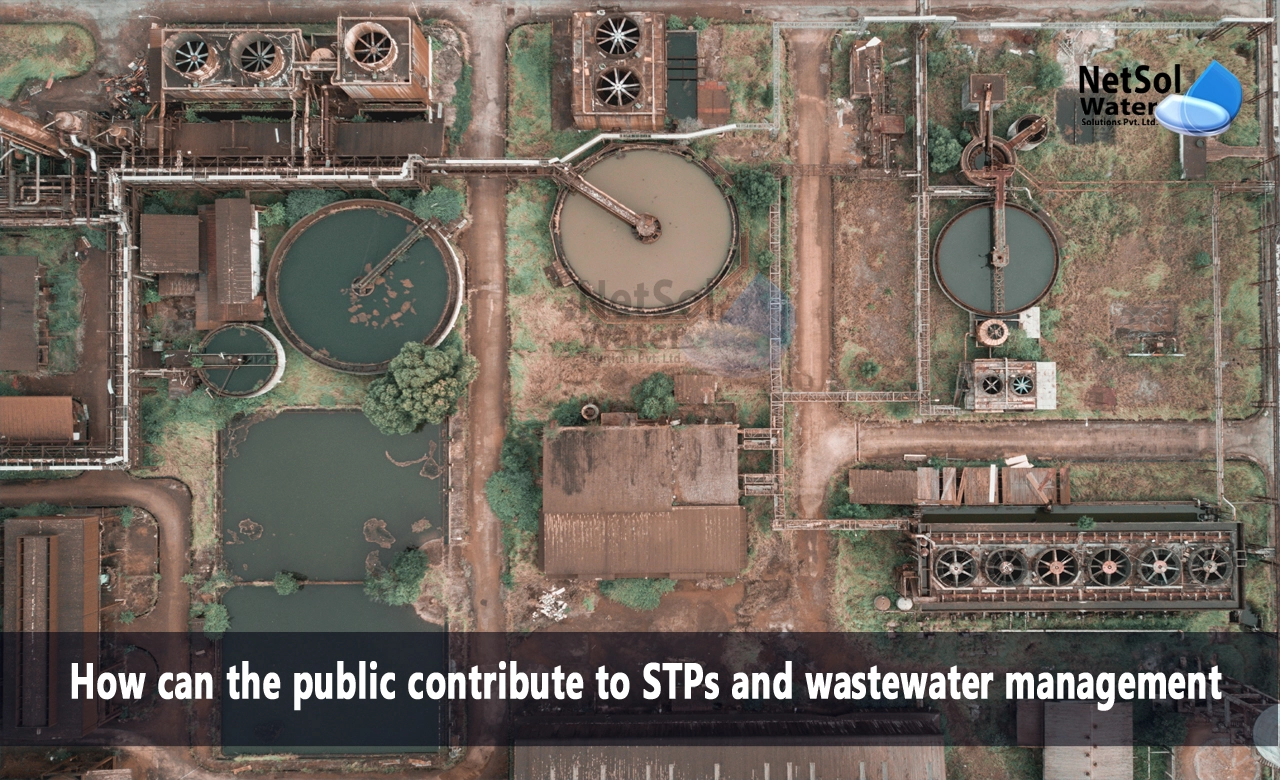How can the public contribute to STPs and wastewater management?
Sewage Treatment plants play a crucial role in keeping public fitness and protecting the environment via treating and competently putting off wastewater. While these facilities are liable for the majority of wastewater control, lively community involvement is critical for the proper functioning of sewage treatment plants and accountable wastewater control. In this blog, we can discover how the general public can contribute to these crucial procedures in their groups.
1. Conservation of Water
Water conservation is one of the best methods for the general public to contribute to accountable wastewater management. By successfully using water domestically, people can reduce the volume of wastewater generated, which, in flip, eases the burden on sewage treatment plants. Simple moves, including solving leaks, using low-float furnishings, and being conscious of water use at the same time as washing dishes or showering, could make a significant difference.
2. Proper Disposal of Household Waste
Improper household waste disposal, along with prescribed drugs, chemicals, and grease, can hurt sewage remedy plants and the surroundings. Individuals should comply with proper disposal suggestions for hazardous materials and recycle each time viable. Avoid pouring cooking oil or grease down the drain, as it may clog pipes and intervene with the remedy procedure.
3. Septic System Maintenance
For communities with septic structures, it's crucial to maintain these structures regularly. Failing to achieve this can cause contamination of groundwater and surface water, posing fitness risks. Following septic device upkeep guidelines and inspecting facilities can save you pollutants and ensure the proper functioning.
4. Reporting Irregularities
The public can act as watchdogs for sewage treatment plant life by reporting any irregularities or concerns to the applicable authorities. This includes identifying illegal discharges, odours, or pollution in water our bodies. Timely reporting can assist in coping with issues before they boost and result in environmental harm.
5. Participating in Public Education and Awareness Campaigns
Many groups have public training and attention campaigns related to wastewater management. By actively participating in those initiatives, people can gain a higher knowledge of how sewage treatment works and find out about responsible wastewater practices. Public help for these campaigns can encourage more excellent, responsible behaviour inside the community.
6. Supporting Investments in Infrastructure
Adequate funding and investments in sewage remedy plant infrastructure are crucial for efficient and dependable operation. A public guide for such investments, either through local projects or political advocacy, is vital for keeping and upgrading treatment centres to fulfil the needs of developing groups.
7. Engaging in Community Planning
Being worried about network-making plans and development is another way for the general public to contribute to responsible wastewater management. Engaging in discussions on land use, zoning, and urban planning can ensure that wastewater infrastructure continues tempo with populace growth and urbanisation.
8. Adhering to Environmental Regulations
Complying with neighbourhood environmental policies and restrictions associated with wastewater discharge and usage is an essential way the public can contribute to accountable wastewater management. By respecting these regulations, individuals assist in protecting the surroundings and keeping the proper functioning of sewage treatment vegetation.
Conclusion
Responsible wastewater control is a collective effort that is based on both sewage remedy plants and energetic community involvement. The public has a vital function to play in preserving water, doing away with household waste, retaining septic structures, reporting irregularities, taking part in public schooling, helping infrastructure investments, engaging in community making plans, and adhering to environmental guidelines. By running collectively, we can ensure the proper functioning of sewage treatment plants, protect the surroundings, and sell responsible wastewater control in our groups.




